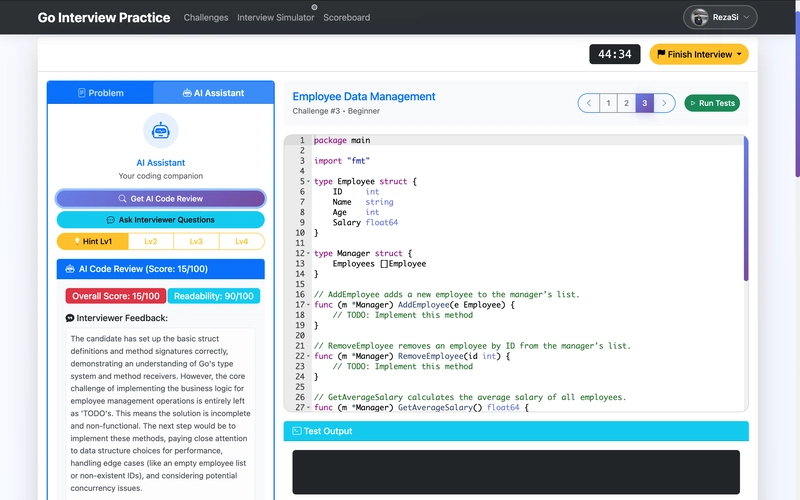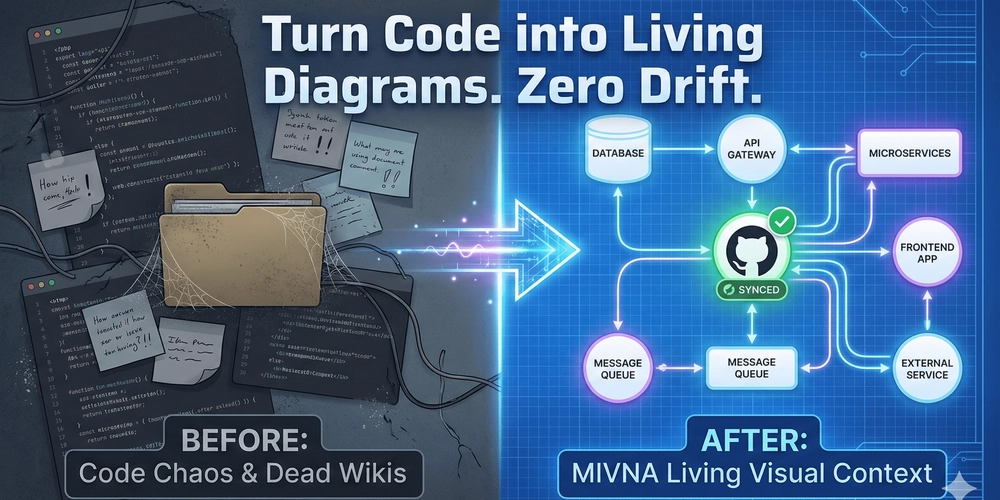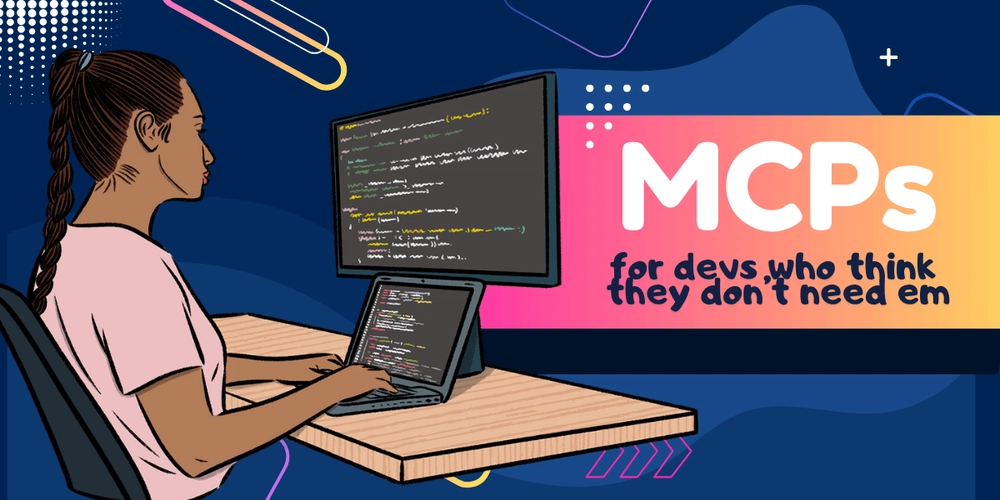Hey fellow developers! 👋
Remember that gut-wrenching feeling before a technical interview? The sweaty palms, the racing thoughts, wondering if you’ll blank out when asked to implement a binary tree? Yeah, I’ve been there too. That’s exactly why I built the AI Interview Simulation feature for Go Interview Practice – and honestly, it’s been a game-changer for so many developers (myself included!).
The Problem: Interview Anxiety is Real
Let’s be honest – coding interviews are nerve-wracking. You might be a brilliant developer who ships features daily, but put you in front of a whiteboard (or shared screen) with a stranger watching your every keystroke, and suddenly your brain turns to mush.
I realized this when I was helping a friend prepare for their dream job at a Go-heavy startup. They knew the language inside and out, had built amazing projects, but kept freezing up during mock interviews. The problem wasn’t their technical skills – it was the pressure and unpredictability of the interview environment.
Enter AI: Your Non-Judgmental Interview Partner
That’s when I had a lightbulb moment: What if we could simulate real interview conditions, but with an AI that never gets impatient, never judges you, and can adapt to your pace?
The AI Interview Simulation feature does exactly that. Here’s what makes it special:
Real-Time Code Review 🔍
The AI watches your code as you write it and gives instant feedback – just like a real interviewer would. It might say something like:
“I notice you’re using a brute force approach. Can you think of a way to optimize this using Go’s built-in data structures?”
It’s not trying to trip you up; it’s genuinely helping you think through the problem like a supportive interviewer would.
Dynamic Follow-Up Questions 🎯
This is where it gets really cool. The AI doesn’t just stick to a script. If you mention goroutines, it might ask about concurrency patterns. If you use a map, it could dive into time complexity. It adapts to YOUR code and YOUR approach.
I remember one user told me: “It felt like talking to a senior developer who actually wanted me to succeed.” That’s exactly the vibe we were going for!
Timed Sessions with Gentle Pressure ⏰
Real interviews have time constraints, so our AI does too. But here’s the thing – it’s not trying to stress you out. If you’re struggling, it might say:
“Take your time. Let’s think about this step by step. What’s the first thing we need to figure out?”
It maintains interview realism while being genuinely supportive.
Three AI Flavors for Different Styles
We integrated with three different AI providers because, let’s face it, different people click with different communication styles:
Google Gemini
Recommended for Go analysis
Gemini has this knack for understanding Go idioms and best practices. It’ll catch things like unnecessary pointer usage or suggest more idiomatic ways to handle errors. Plus, it’s free to get started, which is awesome for students and junior devs.
OpenAI GPT-4
For detailed explanations
GPT-4 is fantastic at breaking down complex problems into digestible chunks. If you’re stuck on a graph algorithm, it’ll walk you through the approach step by step, almost like having a patient mentor sitting next to you.
Anthropic Claude
Thoughtful and nuanced feedback
Claude tends to give more nuanced feedback about code design and architecture. It’s great for more senior developers who want to discuss trade-offs and design decisions.
The Magic is in the Iteration
Here’s what I love most about this feature: you can fail safely. Make a mistake? The AI points it out gently and helps you learn from it. Completely blank out? No problem – run another session tomorrow.
One user told me they did the same algorithm challenge five times with the AI, each time getting better feedback and understanding the problem more deeply. Try doing that with a human interviewer! 😅
Beyond Just Coding
The AI doesn’t just focus on getting the right answer. It evaluates:
- How you communicate your thought process
- Whether you ask clarifying questions (super important!)
- How you handle hints and feedback
- Your approach to testing and edge cases
These soft skills are huge in real interviews, but they’re often overlooked in traditional practice platforms.
Want to Give It a Try?
If you’re preparing for Go interviews (or just want to level up your skills), I’d love for you to try the AI Interview Simulation. It’s completely free, runs in your browser, and you can practice as much as you want.
Go Interview Practice is a series of coding challenges to help you prepare for technical interviews in Go. Solve problems, submit your solutions, and receive instant feedback with automated testing. Track your progress with per-challenge scoreboards and improve your coding skills step by step.
Welcome to the Go Interview Practice repository! Master Go programming and ace your technical interviews with our interactive coding challenges.
Visual Overview
Interactive Challenge Platform
Our comprehensive web interface provides everything you need to practice and master Go programming:
classic_and_packages.mp4
A brief introduction to the project
Code & Test Experience
|
Interactive Code Editor Write, edit, and test your Go solutions with syntax highlighting and real-time feedback |
Instant Results & Analytics Get immediate test results, performance metrics, and detailed execution analysis |
Competitive Leaderboard
Beautiful leaderboard showcasing top developers with challenge completion indicators, rankings, and achievements
🏆 Top 10 Leaderboard
Our most accomplished Go developers, ranked by number of challenges completed:
Note: The data below is automatically updated by GitHub Actions when challenge scoreboards change.
| 🏅 | Developer | Solved | Rate | Achievement | Progress |
|---|---|---|---|---|---|
| 🥇 |
odelbos |
29/30 | 96.7% | Master | ✅✅✅✅✅✅✅✅✅✅✅⬜✅✅✅ ✅✅✅✅✅✅✅✅✅✅✅✅✅✅✅ |
…
The goal isn’t to make interviews easy – it’s to make you confident. When you walk into that real interview room, you’ll have already experienced the pressure, practiced thinking out loud, and gotten comfortable with being challenged on your code.
Plus, even if you’re not interviewing right now, it’s a fantastic way to get feedback on your Go skills from an AI that’s available 24/7 and never gets tired of your questions.
Final Thoughts
Building this feature taught me something important: the best interview preparation isn’t about memorizing algorithms (though that helps). It’s about getting comfortable with the process, learning to communicate your thinking, and building the confidence to tackle problems you haven’t seen before.
The AI Interview Simulation gives you a safe space to build all of that. And honestly? It’s kind of fun once you get into it. There’s something satisfying about having a thoughtful conversation about code with an AI that’s genuinely trying to help you improve.
Give it a shot, and let me know how it goes! I’m always looking for feedback and ways to make the experience even better.
Happy coding! 🚀
What’s your biggest interview fear? Drop a comment below – I love hearing about different perspectives and experiences in the developer community!








